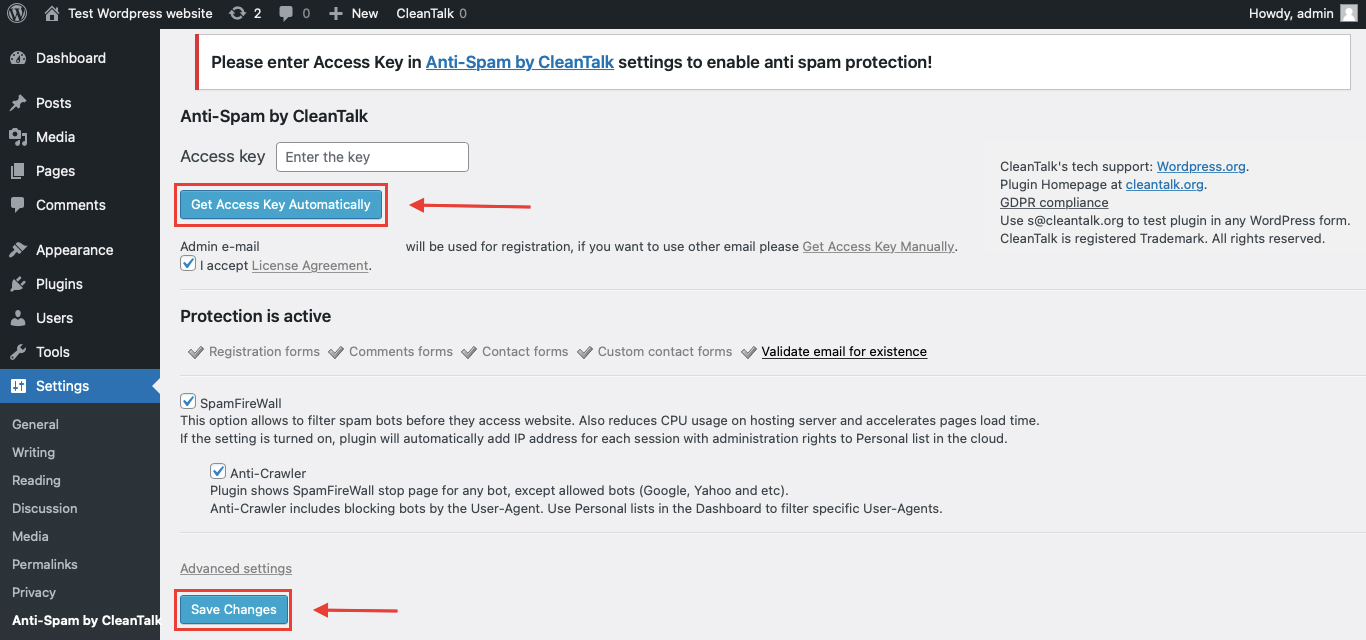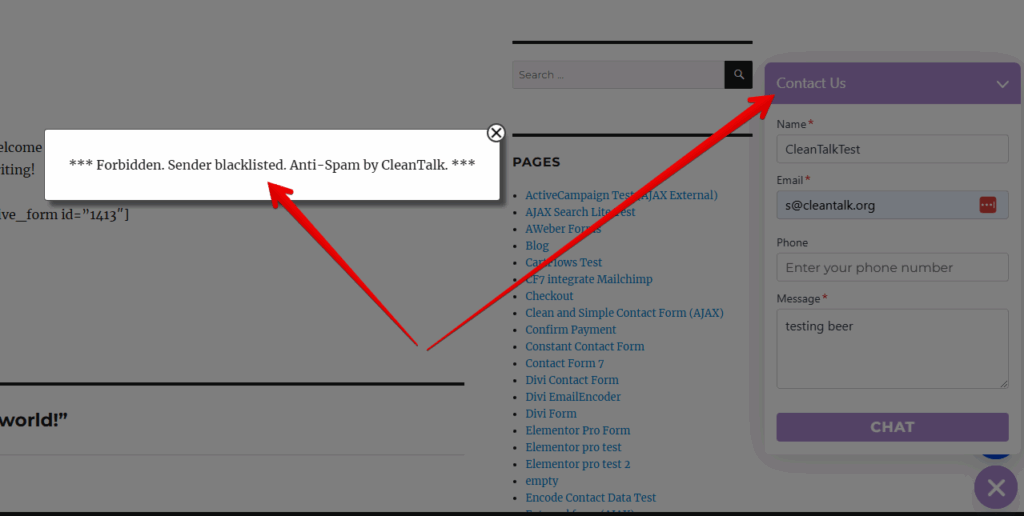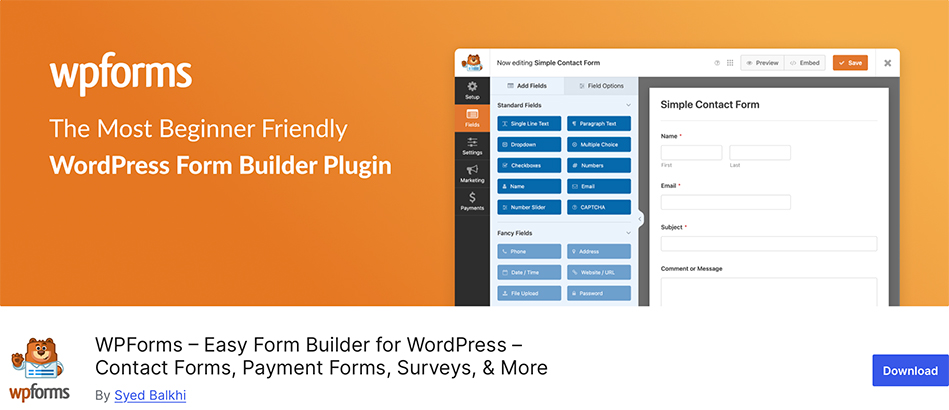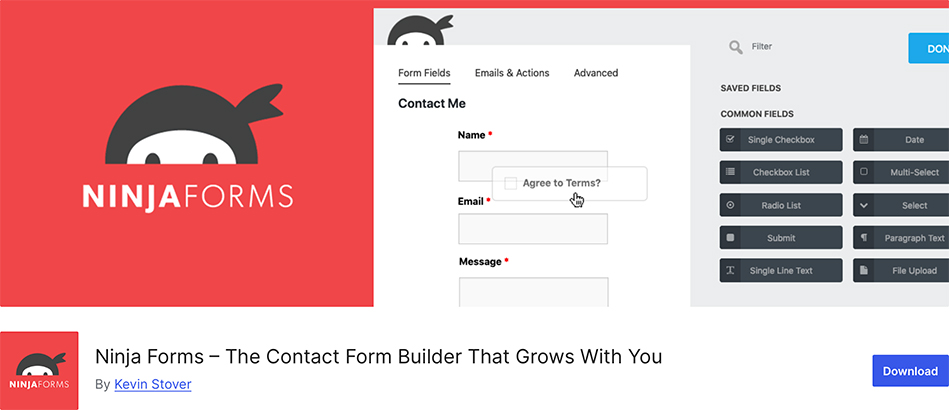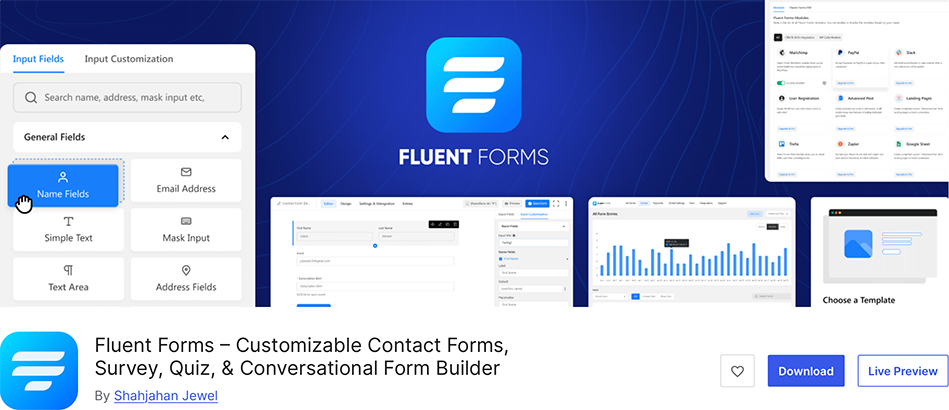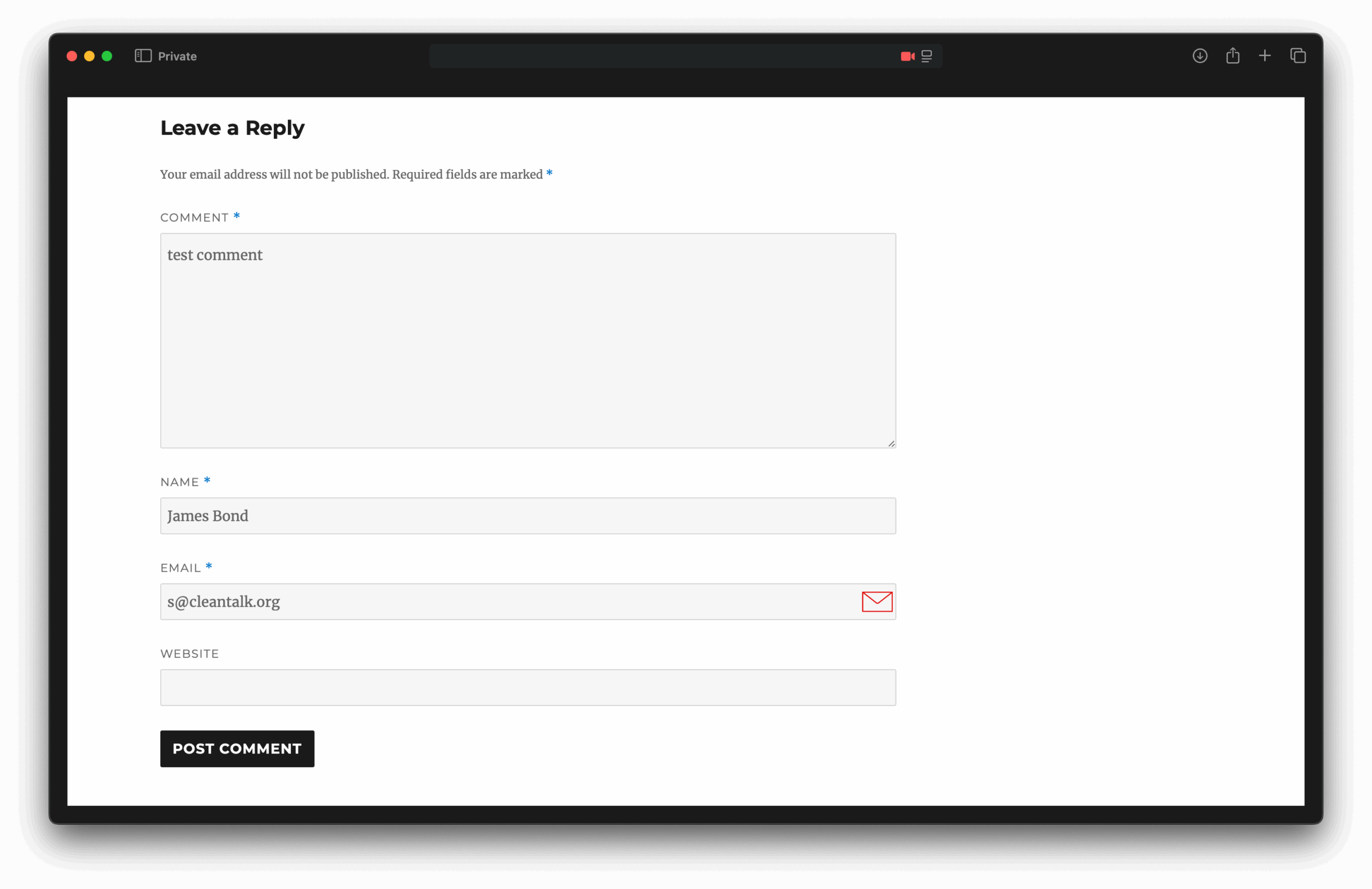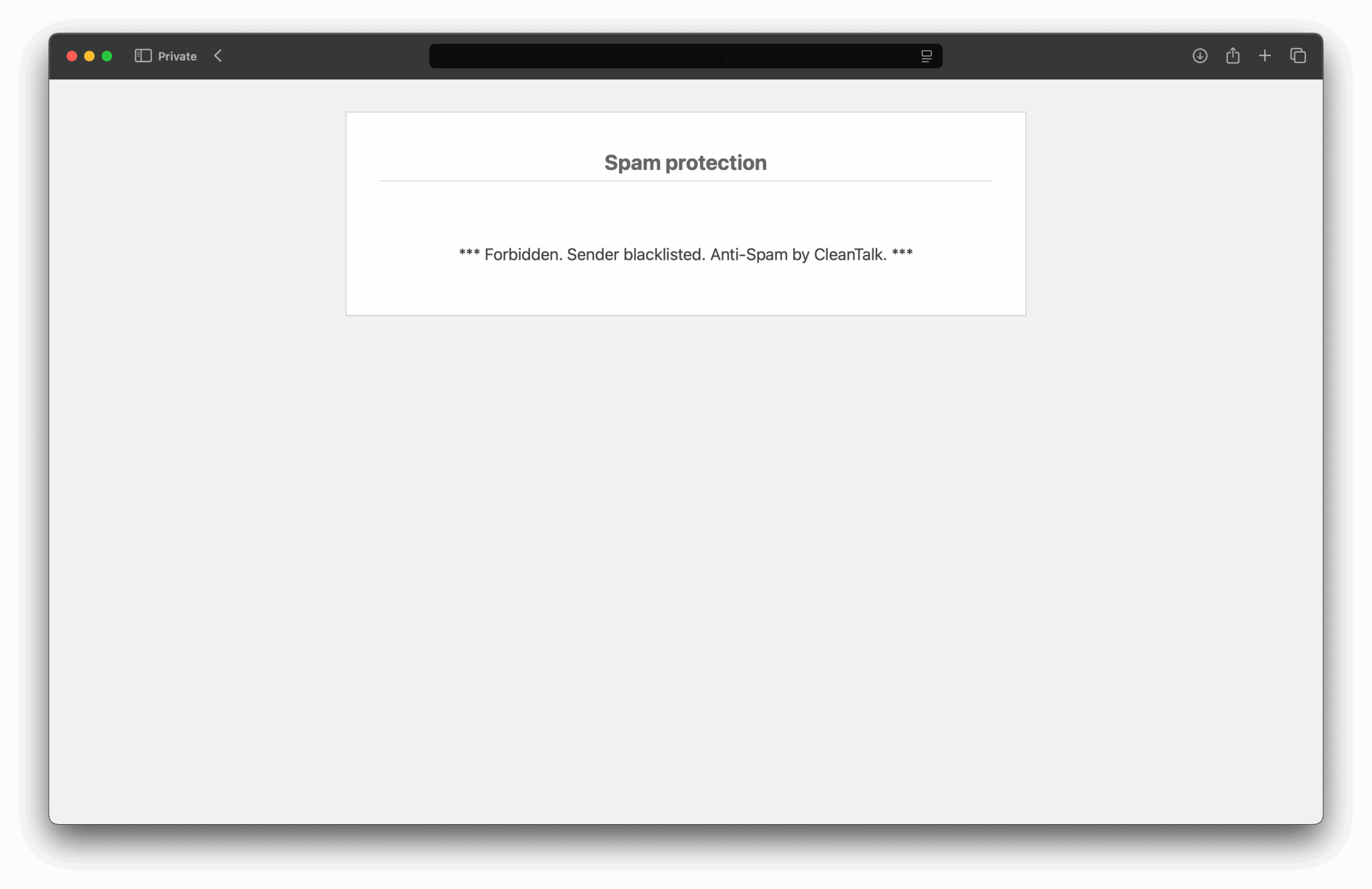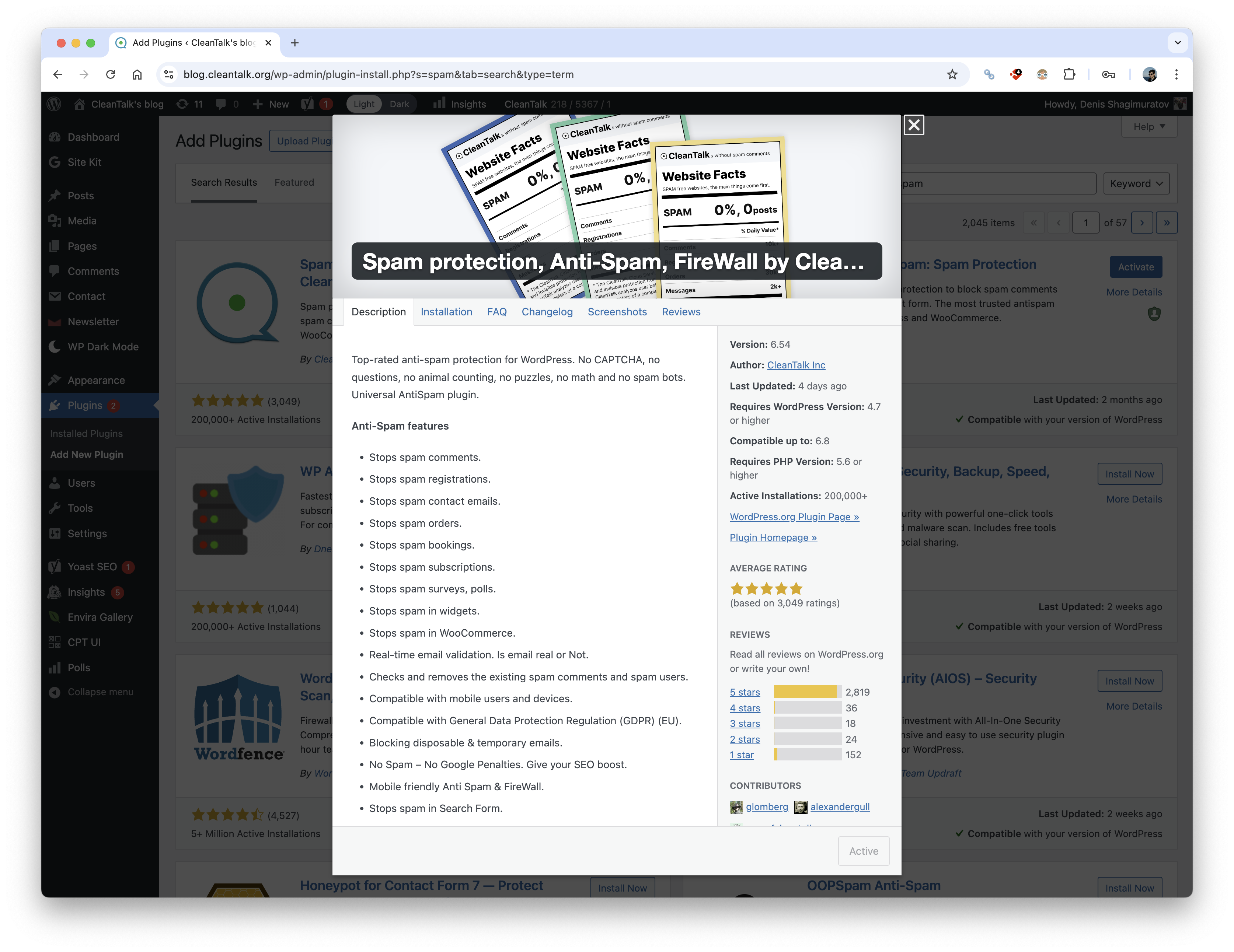Online stores are frequent targets for spam registrations, fake orders, and malicious bots. OpenMage spam attacks waste your time and server resources, skew analytics and business data, and increase security risks.
Good news for OpenMage owners! Anti-spam protection is finally available for OpenMage on Magento. Thanks to a contribution by our client ioweb-gr, you can easily integrate CleanTalk’s spam protection into your store right away.
What is CleanTalk Anti-Spam
CleanTalk Anti-Spam is a cloud-based invisible spam protection service trusted by over 1,000,000 websites. Whether you run a blog, a corporate site, or, especially, an eCommerce store,
CleanTalk Anti-Spam automatically screens all incoming submissions, registrations, and orders, blocking spam without using intrusive captchas or complicated workflows.
Install OpenMage spam protection
The integration for OpenMage spam protection is freely available here: download the OpenMage Integration.
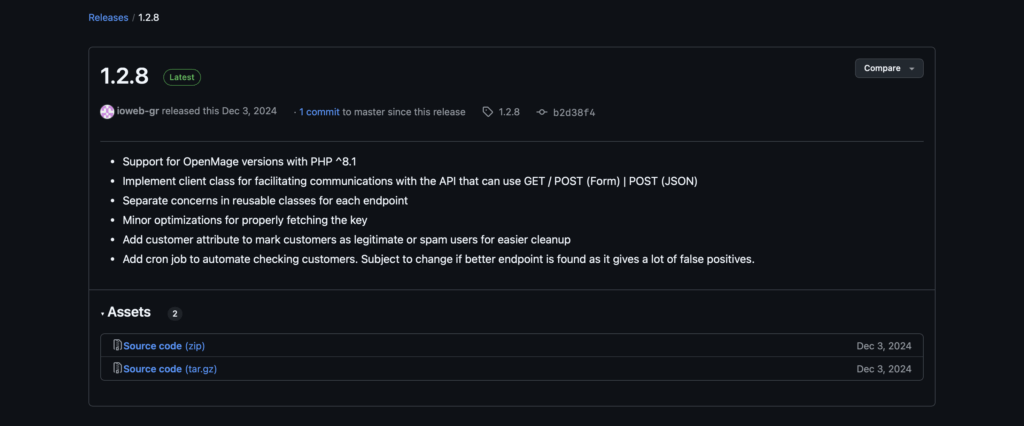
Here’s a quick note from the developer about the built integration:
- Support for OpenMage versions with PHP ^8.1
- Implement client class for facilitating communications with the API that can use GET / POST (Form) | POST (JSON)
- Separate concerns in reusable classes for each endpoint
- Minor optimizations for properly fetching the key
- Add customer attribute to mark customers as legitimate or spam users for easier cleanup
- Add cron job to automate checking customers. Subject to change if better endpoint is found as it gives a lot of false positives.
Feel free to use the solution. Don’t leave spam a chance!









